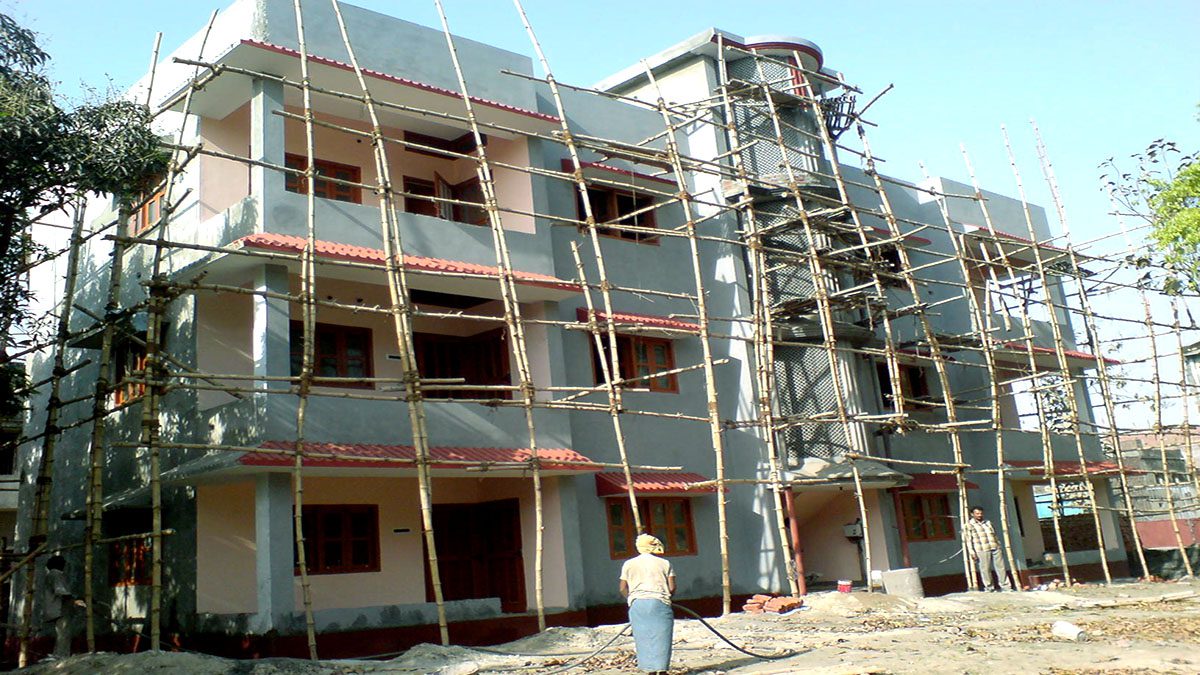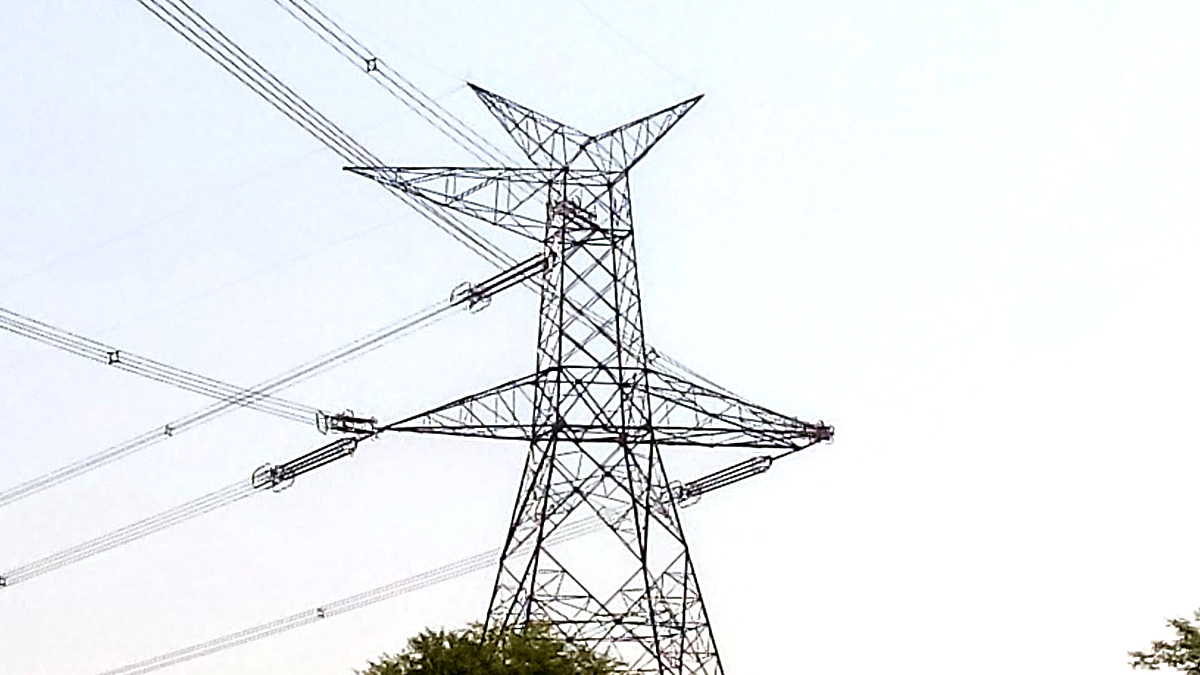
Arshdeep Singh Mundi
With India’s population now standing at 1.4286 billion according to the UN, there is an unprecedented demand for residential and commercial spaces. To meet the needs and requirements of modern-day consumers, the construction sector must use and exploit vital resources excessively, potentially causing unimaginable negative effects on the environment. 30% of the world’s energy and 40% of its material resources are used for construction, with India leading the way.
However, as the demand for residential and commercial properties grows, so does the need for sustainable solutions, with the majority of individuals putting eco-friendly options as a top priority. The transition in consumer attitude has driven the construction industry to embrace greener practices and incorporate environmentally friendly approaches into every aspect of construction.
Adding to the efforts of construction sector in implementing eco-friendly construction practices, the government has also stepped forward and introduced several initiatives. In order to foster sustainable habitats and lessen the environmental impact of the construction industry, the government’s National Mission for Sustainable Habitat encourages energy conservation, green structures, and urban sustainability. Emphasizing sustainable urban development is the Smart Cities Mission project that promotes the deployment of green infrastructure, effective transportation, waste management, and energy-efficient construction inside the smart cities.
Key strategies: Ensuring sustainability in the construction industry
Resource-effective construction: Currently valued at over $639 billion, the Indian construction sector market is expected to grow at a CAGR of more than 6% between 2023 and 2028. This data emphasizes the fact that the future will likely require more spaces, whether for residential or commercial purposes, leading to an increase in construction activities. In order to meet the increase in demand and conduct ecologically safe practices at the same time, employing resource-efficient construction methods that reduce waste generation and maximize material utilization has become a must for construction businesses. This covers procedures like resource recycling, waste reduction during construction, and adopting modular construction techniques.
Efficient waste management
A key component of a green construction strategy is the responsible disposal of construction and demolition materials. India has a long history of illegally disposing of construction waste in nearby waterways or huge landfills. According to Statista, global solid waste creation is anticipated to increase by nearly 70% to 3.4 billion metric tonnes by 2050, with India leading the way. However, in order to reduce the detrimental effect of construction waste, companies in the construction industry are now prioritising comprehensive waste management strategies for construction sites that include organizing, recycling, and safe disposal of waste materials. Additionally, the guidelines for the management of building and demolition waste put out by the Ministry of Environment, Forestry, and Climate Change ensure that businesses dispose of construction debris properly and recycle and reuse it as needed.
Greener building methods
Sustainable construction or greener building practices that stress on the use of environmentally friendly energy sources, and recycled local supplies that are less expensive to transport and contribute to lower CO2 emissions enable construction companies to practice and promote sustainable construction. Consuming less and giving more, green buildings primarily place a strong emphasis on resource efficiency, water conservation, and the use of eco-friendly materials. In addition, government-sponsored certifications like LEED (Leadership in Energy and Environmental Design), GRIHA (Green Rating for Integrated Habitat Assessment), and IGBC (Indian Green Building Council) ratings direct and encourage constructors to employ eco-friendly design concepts.
Way to a sustainable future!
The Indian construction industry is the backbone of the Indian economy, driving the nation’s general growth and infrastructure-building efforts. The construction industry plays a critical role in development and progress. It has now become essential for constructors to adopt greener practices and integrate environmental, social, and economic factors into each stage of the building process.
India needs joint efforts of construction businesses and the government at the behest of greener practices. Through these, we can certainly contribute towards a more sustainably built environment in the future.













